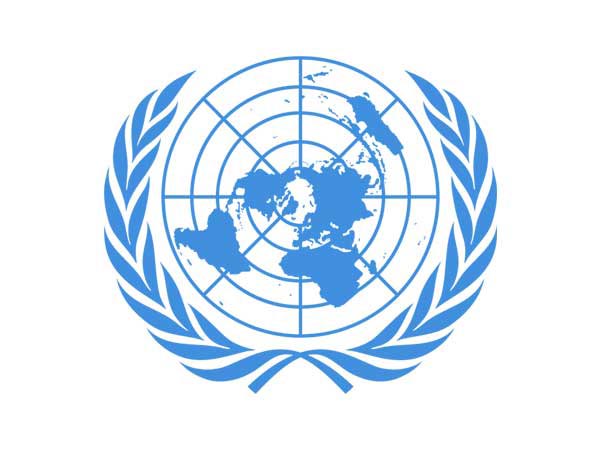UN says interruption of COVID-19 control measures in Ethiopia's Tigray could facilitate "massive community transmission"
Jan 08, 2021

United Nations, January 8: The interruption of COVID-19 surveillance and control activities in Ethiopia's conflict-hit northern Tigray regional state could facilitate "massive community transmission," the United Nations said on Thursday.
Such an interruption "for over a month in the region, coupled with mass displacements and overcrowded conditions in displacement setting, is feared to have facilitated massive community transmission of the pandemic," the United Nations Office for the Coordination of Humanitarian Affairs (UNOCHA) said in its situation report published on Thursday.
According to the UNOCHA, limited prevention activities have started, including the distribution of 1,200 COVID-19 prevention and hygiene promotion leaflets and personal protective equipment materials, provision of health education and organization of a sanitation campaign in displacement sites in the town of Shire.
Prior to the conflict, as of the end of October 2020, the Tigray region had reported 6,610 positive COVID-19 cases.
Weeks of fighting in northern Ethiopia's Tigray region between the Tigray People's Liberation Front, which used to rule the region until its defeat, and the Ethiopian Defense Forces have reportedly left hundreds of people dead, thousands displaced, and millions in urgent need of humanitarian assistance.
More than 55,500 refugees have fled Tigray into eastern Sudan over the past six weeks, according to the UNOCHA.
The UNOCHA recalled a recent meeting of the Tigray Emergency Coordination Center (ECC) that was convened on Jan. 1 and discussed humanitarian needs based on assessment findings, during which the ECC highlighted that more than 4.5 million people in the region, including 2.2 million internally displaced persons, need emergency food assistance.
Since the conflict erupted in early November, only 77,000 people, mostly in Mekelle and its surroundings, and 25,000 refugees in Mai Ayni and Adi Harush camps received food support from partners, according to the UNOCHA.
Meanwhile, the UNOCHA said, "The security situation in Tigray remains volatile with a gradual improvement in some areas in the Eastern and Western Zones, although insecurity and bureaucratic constraints remain."
"As the security situation in some areas of Tigray region is slightly improving, humanitarian workers have been able to access areas that were so far inaccessible, particularly in cities," said the report.
However, "localized fighting and insecurity continue, with fighting reported in rural areas and in the peripheries of Mekelle, Shiraro and Shire, among other locations, as of last week," it added
Noting that access to most parts of North Western, Eastern and Central Tigray remains constrained due to the ongoing insecurity and bureaucratic hurdles, the UNOCHA stressed that Hitsats and Shimelba refugee camps are still not accessible.
The latest situation update came after the two joint assessment missions that were deployed on Dec. 20 are completed.
"Both missions have witnessed a dire humanitarian situation with poor access to services and limited livelihoods," the report read.
Source: Xinhua









